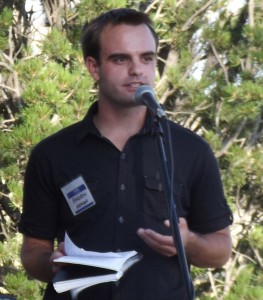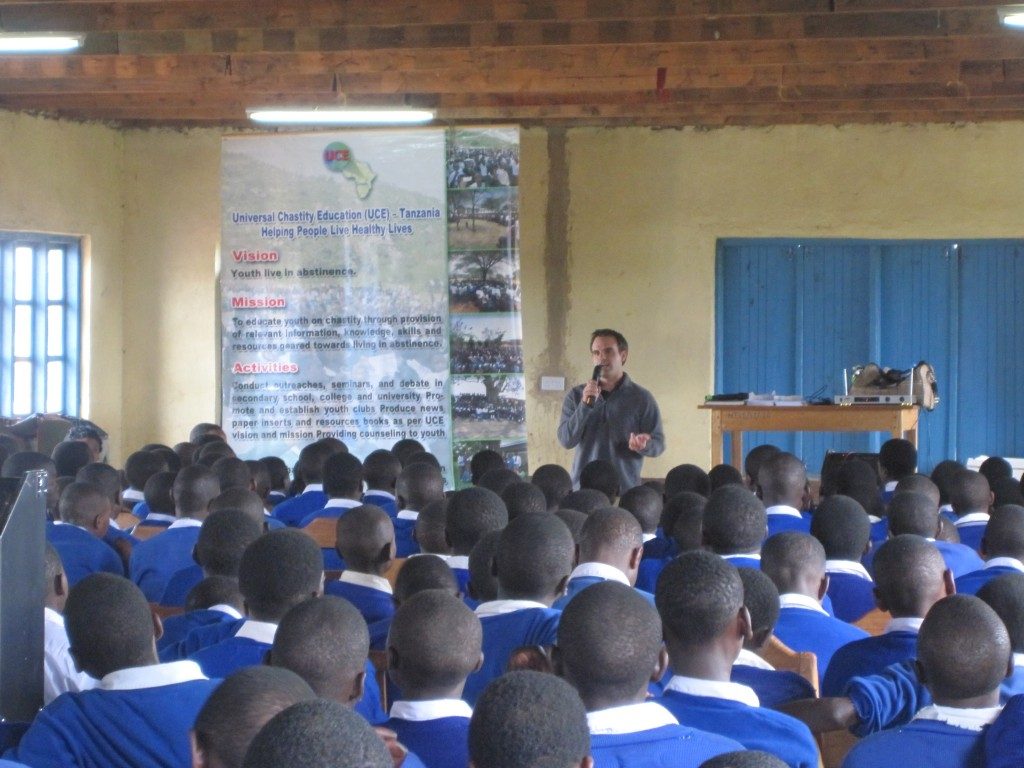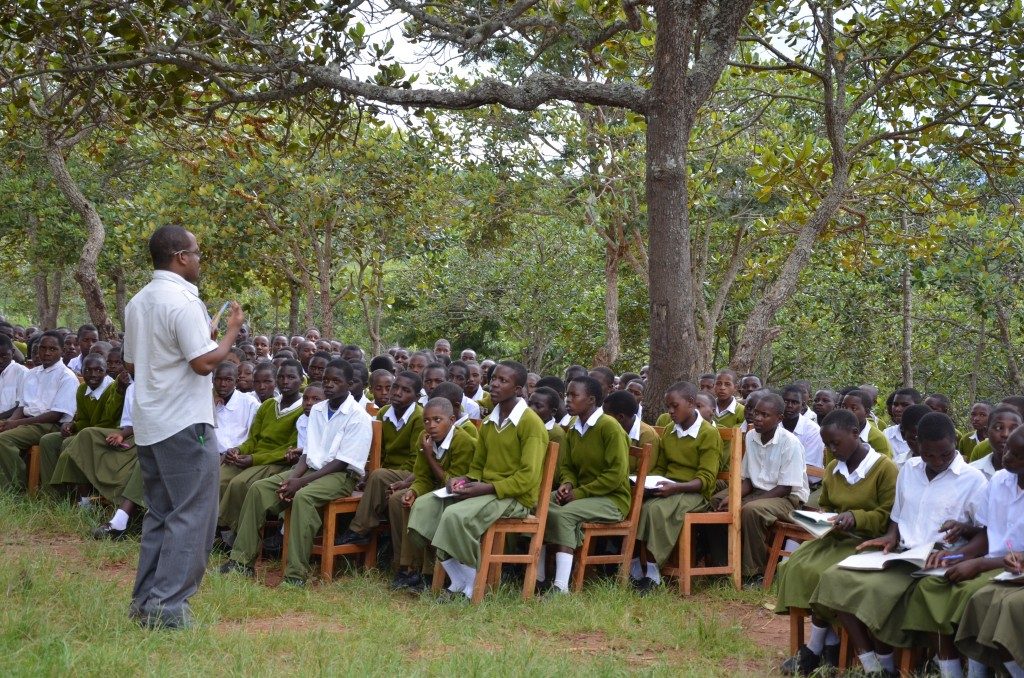Andrew Dernovsek, guest columnist, Pueblo Chieftain, December 22, 2013
My name is Andrew. I am 30 years old, single and I am abstaining from sex until I share the gift of sexuality with my wife in a faithful marriage. I still have blood pumping though my veins, and passion in my heart, but I am abstaining. It is possible. Some people are surprised when they hear this. Growing up, I heard all the reasons why I should have sex before I get married. In fact, “safe sex” was a message I was inundated with at school, from my friends, and on TV. Despite that societal message, I chose a different way.
Some might be reading this and already be saying, “Well that is great for you, I wish I had heard a message of abstinence, but it is too late for me.” Keep reading because today is the first day of the rest of your life. It is never too late to change. Still, the first question you may be asking is: Is abstinence even possible?
Our best example of the power of abstinence until a faithful marriage comes from Uganda. A landmark report to USAID, “What Happened in Uganda?”, documented the greatest success the world has ever seen in battling HIV/AIDS. The report described how Uganda had reduced its HIV prevalence from 15 percent in 1991 to 5 percent in 2001. Ask any Ugandan about this great achievement, and they will tell you what the report tells you — that they changed their cultural behavior from one of pre-marital sex and polygamy to abstinence until a faithful marriage.
This past March, I traveled to Africa with Universal Chastity Education (UCE), a nonprofit that teaches the message of abstinence until a faithful marriage in Uganda, Burundi, Tanzania and Colorado. UCE tracks the pregnancy statistics of schools visited. In 2009, pre-UCE message, there were 26 pregnancies at Muyange High School, Burundi. The next year, after the UCE message was given to the youths, there was only one pregnancy. At Kayogoro High School, Burundi, there were 49 pregnancies the year before the UCE message, and the next year there were only a few.
In Tanzania, I joined an outreach group to one of the most remote schools UCE ever visited. We drove for more than four hours on a dusty African road until the road ended. Then we drove further. Seated under trees in the burning African heat, the UCE team gave a message of abstinence. After the UCE team had finished, a student leader stood up and said, “No one has ever cared about us enough to bring us a message like this. No one has believed in us, or even told us that there is another way to live. We have heard your message, and I promise you that from today forward we will change our lifestyle.” On March 7, 2013, I watched as that student and 271 of her peers from Ukwega Secondary School committed themselves to live anew, to strive for purity and to abstain until marriage. The joy I saw on their faces was evidence of hope fulfilled and truth found.
Abstinence works on a personal level, a school-wide level and a countrywide level. If you are of the old guard, I understand that casual sex is important to you, but my life is important to me. Youths today do not want a life scarred by emotional damage, herpes, warts and early pregnancy. We want to be free from your sexual prison. American youths have found a better way. Fifty-three percent of American high school students are virgins (CDC), and of those who are not, two-thirds wish they had waited.
If condoms work so well, why does Pueblo County have the second-highest teen pregnancy rate in the state? Condoms are readily available here, and condom education begins at an early age. Yet, in the remote schools of Africa, where condoms are not always available, teen pregnancy rates drop. The real question is: Can we humble our hearts enough to realize the error of our ways, and open our eyes to see a better way to teach our youth? A new creation has come: the old has gone, the new is here. Come, join us.
Andrew Dernovsek is executive director of Universal Chastity Education, a Pueblo based nonprofit.




